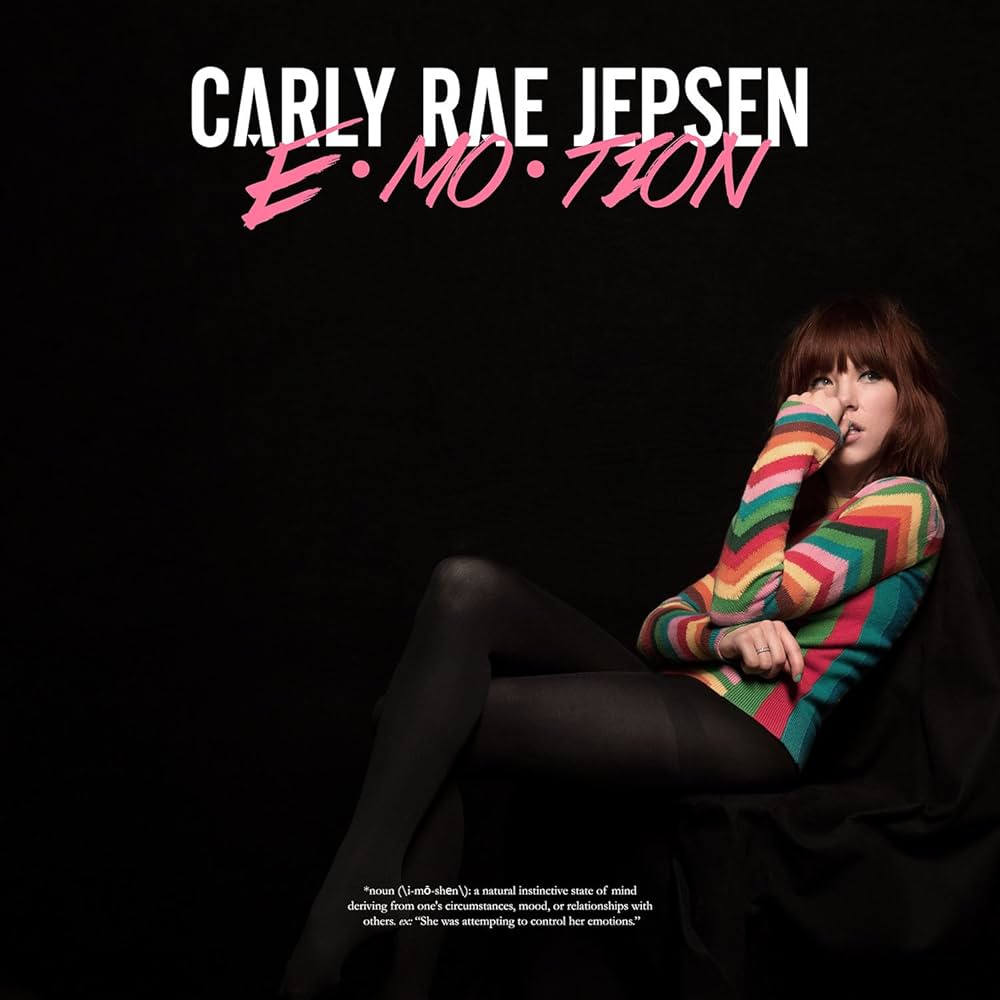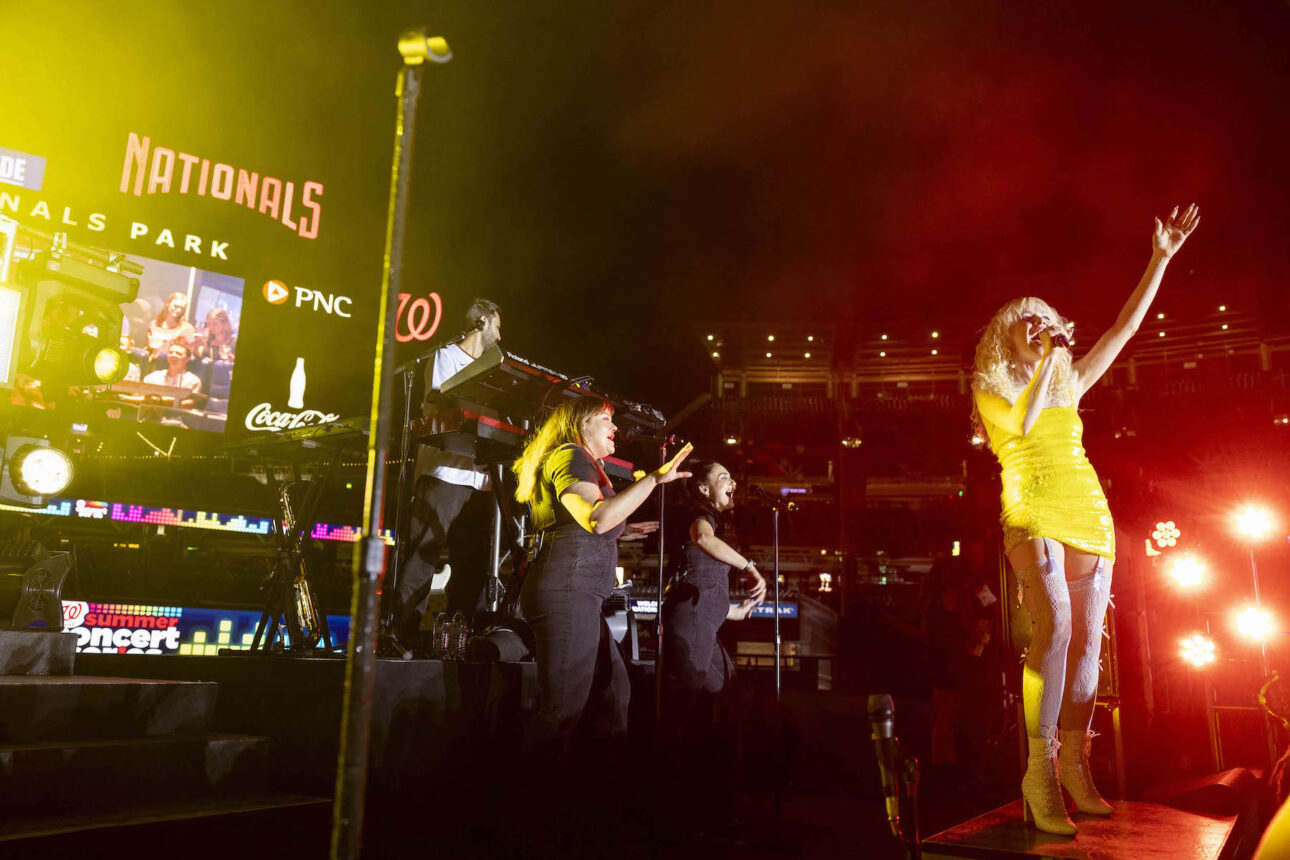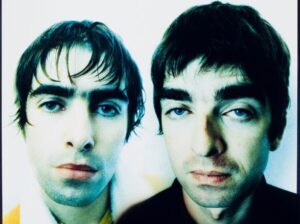A Decade of Feeling ‘Emotion’: Looking Back at Carly Rae Jepsen’s Most Underrated Album


By the end of 2012, “Call Me Maybe” had conquered pop music. The song had reached No. 1 on the charts in 14 countries, scored multiple Grammy nominations, topped a variety of year-end lists, and became the year’s best-selling single worldwide. This rapid rise meant Carly Rae Jepsen, previously best known as a singer-songwriter who came in third on Canadian Idol, appeared to have only two predestined paths forward: a hit second single that cements you as a superstar… or else, the unshakeable label of “one-hit wonder.”
But Jepsen attempted to cleave a different, third path for herself in the summer of 2015, with her June 24 release of Emotion, or per its cover, E•MO•TION, a stylization that doubles as a heads-up that this album is not exactly the follow-up you expected. Rather than committing to the bubblegum pop she had become the face of, Emotion finds Jepsen flirting with ‘80s synths, ‘90s R&B beats, and European dancefloor grooves. She also let her singer-songwriter roots show, largely eschewing bubbly topics like crushes and first kisses for earnest musings on complex relationships.
More from Spin:
- Tropical Fuck Storm Batten Down the Hatches
- Chaos and Control: The Rise and Fall (and Rise Again) of Liam and Noel Gallagher
- Young Thug Welcomes Travis Scott, T.I. At First Post-Jail Show

Release cycles are only as successful as the expectations that accompany them, so not surprisingly, Emotion was greeted with mixed feelings. Sales-wise, it didn’t tank, but a No. 16 debut on the Billboard album chart also wasn’t what the label dreamed of after Jepsen’s multi-platinum selling Kiss. None of its singles broke out. The first, “I Really Like You”—the album’s one direct attempt to recreate “Call Me Maybe”—stalled out for sounding too much like what you’d expect, while the sultry sax and heart-thumping drums of second single, “Run Away With Me,” conjured up an experienced adult, not the ingénue of past hits.
Critics were warmer, welcoming Jepsen’s exploration and maturation, as well as her collaborations with hit indie artists like Dev Hynes, Ariel Rechtshaid, and Rostam Batmanglij. But even while enjoying the music, many reviewers also dismissed Jepsen herself as “clearly trying too hard to make the same genius pop moments that Kiss churned them out with effortless flair,” per Evan Sawdey’s review in PopMatters. Or they faulted her for stepping outside of her established lane, with Billy Hamilton from Under the Radar writing, “Jepsen is the pet project of a creative hipsterati that’s determined to prove pop is cooler than you, or I.” It was as if Emotion had dropped Jepsen into the no man’s land between mainstream and cult success, a complicated place to survive.

However, the reason I’m taking the time to re-pipe this backstory is that, 10 years on, this in-between spot turned out to be the right one for Jepsen. In hindsight, Emotion was the moment she found her voice as an artist by embracing all of her influences at once.
The sharp eye of singer-songwriter Jepsen is present in her witty look at friendship (and possibly queer discovery?) on “Boy Problems,” but that song is also backed by keyboards and bass that wouldn’t have been out of place on an early ’80s disco track. Or how her pulsing cry of desire, “Gimmie Love,” simultaneously brings to mind both Chvrches’ anthems and Cyndi Lauper’s ballads. She even sings about her contradictions on “LA Hallucinations,” a bop about being tempted by the traps of fame while also asking to be saved from them. This album is Jepsen admitting that she’s not Taylor Swift nor Robyn nor HAIM, but songs of hers like “Making the Most of the Night” can fit comfortably onto a playlist alongside any of them.
Like the heroine in a coming-of-age movie, being true to herself ultimately paid off for Jepsen. The critical consensus grew, with outlets ranging from Stereogum to Cosmo calling Emotion one of the best albums of the year. People kept finding the album, and social media did too, as “Run Away With Me” had a viral moment on Vine (remember Vine?). By the summer of 2016, it became clear that the LGBTQ+ community was feeling Emotion too, as the first CarlyFest launched in Brooklyn because—according to its organizer, queer artist Charlene—Jepsen’s songs are “messages from a utopia where it’s cool to break out into dance on the sidewalk, where bubblegum pop is not a slur.” By 2023, Jepsen was even headlining West Hollywood Pride’s Outloud Music Festival, and guess what song got the biggest audience reaction? It wasn’t “Call Me Maybe.” It was “Run Away With Me.”

This momentum has only continued in the decade since Emotion’s debut. Its organic, word-of-mouth momentum transformed a one-time chart-topping artist into something even more rare: a beloved underdog. The tone greeting her name shifted from “Who is this pop star cosplaying as an indie artist?” to “I’m rooting for this underrated artist.” She feels like a personal discovery to people, the pop artist they chose versus one who’s been forced upon them. Hell, one of the best random music conversations I ever had was back in 2021, with a bartender who typically only listens to heavy metal. He told me that there is one pop artist he and everyone on his regular metalhead Discord loves: Carly Rae Jepsen.
In not trying to be cool, Jepsen made being pop cool to everyone who doesn’t consider themselves pop or cool. Indie artists like Maggie Rogers and Jay Som have cited Jepsen and specifically this album as inspiration, with Jay Som telling Entertainment Weekly that it influenced her own debut in, “I liked how energetic and youthful the spirit is, and it’s just so not ashamed to be this pop record.” Jepsen was ahead of the curve, reviving ’80s synths and ’90s drums too, as those now appear all over the radio thanks to stars like Sabrina Carpenter and Benson Boone. Maybe this would’ve been Carly Rae Jepsen’s future regardless, but now, thanks to the legacy of Emotion, she’s on the cusp of 40 and the queen of her own brand of adult indie pop, instead of a former teen star or one-hit wonder. Whatever happened in 2015, the world of 2025 chooses to run away with her.
To see our running list of the top 100 greatest rock stars of all time, click here.




